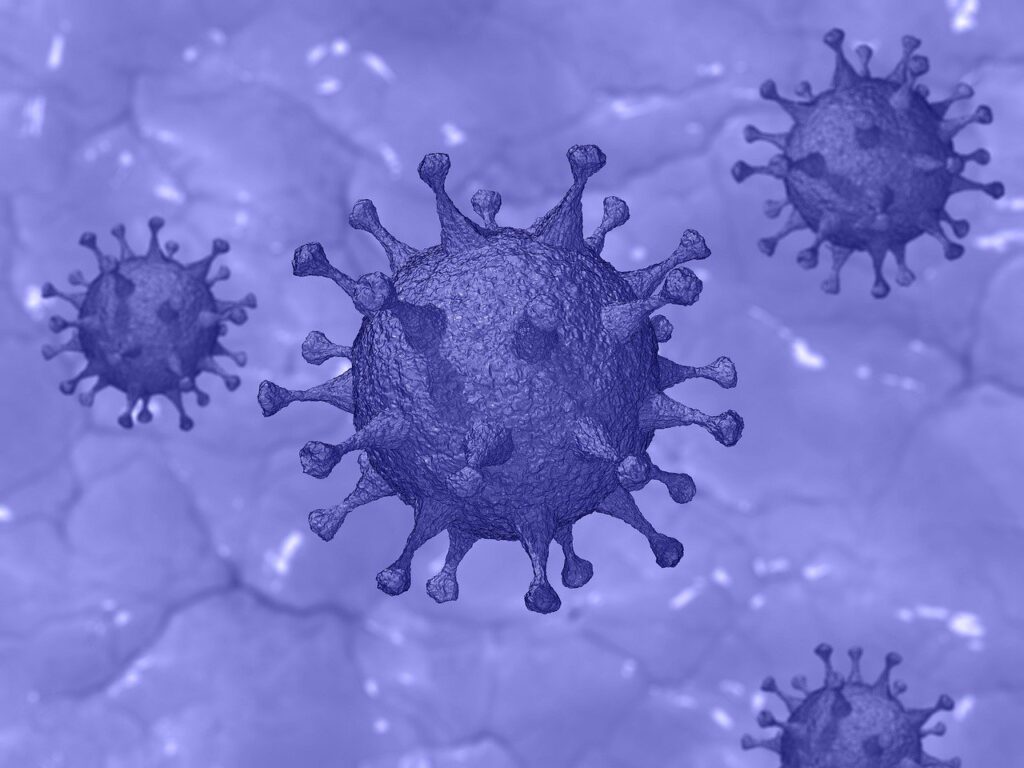
By Pamela Cruz. Peninsula 360 Press [P360P]
South Africa has confirmed the emergence of a new COVID-19 variant, identified as B.1.1.529, which has multiple mutations and has raised "concern" among specialists and various countries around the world.
The World Health Organization (WHO) has named the new strain as “Omicron.” The epidemiological situation in South Africa has been characterized by three distinct peaks in reported cases, the last of which was predominantly the Delta variant.
In recent weeks, infections have increased sharply, coinciding with the detection of the B.1.1.529 variant, the WHO said in a statement.
The first confirmed infection known to Omicron was from a sample collected on November 9, 2021.
The international organization stressed that this variant has a large number of mutations, some of which are "worrying", since preliminary evidence suggests a higher risk of reinfection with this strain, compared to other coronaviruses.
The number of cases of this variant appears to be increasing in almost all provinces in South Africa, he stressed, as current SARS-CoV-2 PCR diagnostics continue to detect this strain.
Several laboratories have indicated that for a widely used PCR test, one of the three target genes is not detected – called S gene dropout or S gene target failure – and therefore this test can be used as a marker for this variant, pending sequencing confirmation.
With this approach, “this variant has been detected at a faster rate than previous surges in infection, suggesting that this variant may have a growth advantage,” the document highlights.
In light of this, the organization has asked countries to enhance surveillance and sequencing efforts to better understand circulating SARS-CoV-2 variants, submit complete genomic sequences and associated metadata to a publicly available database, and report initial cases and/or clusters associated with COVID infection to WHO.
He also called for field research and laboratory assessments to improve understanding of the potential impacts of COVID-19, as well as for maintaining social and public health measures, diagnostic methods, and vaccination.
The agency reminded the general public to take steps to reduce their risk of contracting COVID-19, including proven social and public health measures such as wearing well-fitting masks, hand hygiene, physical distancing, improving ventilation of indoor spaces, avoiding crowded spaces, and getting vaccinated.
The agency's concern has put other countries on alert, with European Union nations agreeing Friday to suspend flights to seven southern African countries due to the new South African variant of the coronavirus.
The countries in question are South Africa, Lesotho, Botswana, Zimbabwe, Mozambique, Namibia and Eswatini, sources told the EFE news agency.
The US and Canada have joined the list of countries that have decided not to allow entry to people coming from these countries, adding Malawi to their own list.
"Out of an abundance of caution, until we have more information, I am ordering additional air travel restrictions from South Africa and seven other countries. These new restrictions will go into effect on November 29. As we move forward, we will continue to be guided by what the science and my medical team advise," President Joseph Biden said in a statement released by the White House.
In turn, he said that, for those Americans who are fully vaccinated against severe COVID disease, fortunately, for the vast majority of our adults, the best way to strengthen their protection is to receive a booster shot as soon as they are eligible.
Boosters are approved for all adults 18 and older, six months after their vaccination, and are available at 80,000 locations from coast to coast. They are safe, free and convenient, she said. “Get your booster shot now, so you can have this extra protection during the holiday season.”
She also called on all those who are not yet fully vaccinated to take the missing doses as soon as possible, including both children and adults.
The United States leads the world in vaccinating children ages 5 to 11, and has been vaccinating adolescents for several months, “but we need more Americans of all age groups to get this life-saving protection. If you haven’t gotten vaccinated or haven’t gotten your children vaccinated, now is the time.”
Finally, for the global community, he said, “the news about this new variant should make it clearer than ever why this pandemic will not end until we have global vaccines.”
He also called on nations to meet next week at the World Trade Organization ministerial meeting to confront the U.S. challenge to waive intellectual property protections for COVID-19 vaccines, so that these vaccines can be manufactured globally.
You may be interested in: FDA Clears Third Dose of COVID-19 Vaccine for 18 Years and Older

